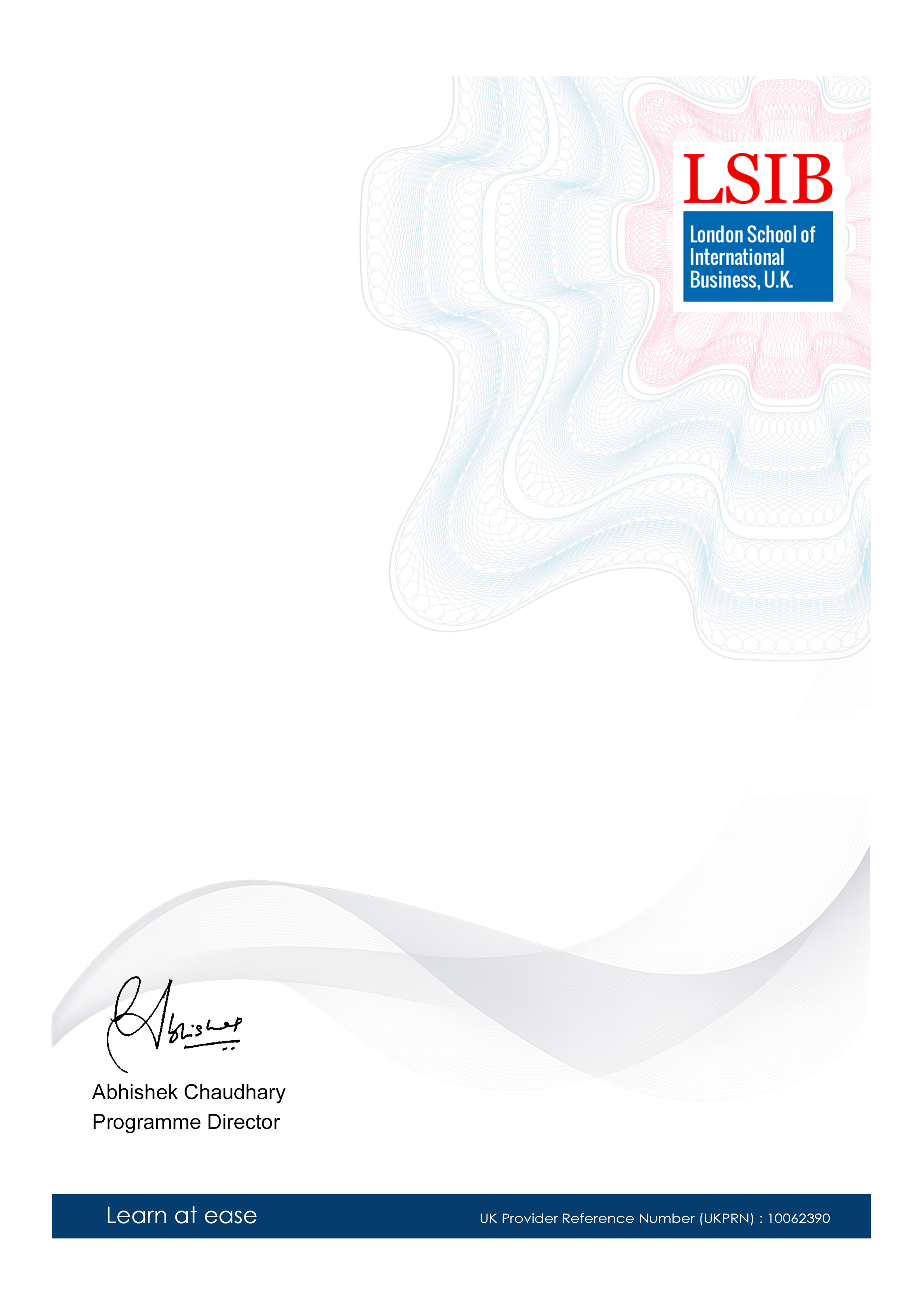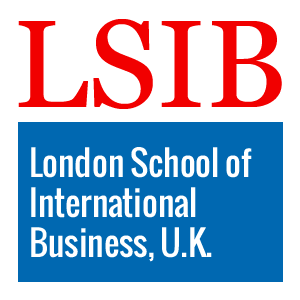Advanced Certificate in SSL Encryption Techniques
-- viewing nowThe Advanced Certificate in SSL Encryption Techniques is a comprehensive course designed to empower IT professionals with the latest SSL encryption skills. With the increasing demand for secure online transactions, this course could not be more timely or relevant.
4,156+
Students enrolled
GBP £ 140
GBP £ 202
Save 44% with our special offer
About this course
100% online
Learn from anywhere
Shareable certificate
Add to your LinkedIn profile
2 months to complete
at 2-3 hours a week
Start anytime
No waiting period
Course details
• Advanced SSL/TLS Protocols: Understanding the latest SSL/TLS protocols, including SSL 3.0, TLS 1.0, 1.1, and 1.2, and the upcoming TLS 1.3, and their implications for secure communication.
• SSL Certificate Management: Learning about the process of obtaining, installing, and managing SSL certificates, including best practices and troubleshooting common issues.
• Public Key Infrastructure (PKI): Understanding the role of PKI in SSL encryption, including digital certificates, public and private keys, and certificate authorities.
• SSL Handshake and Key Exchange: Exploring the details of the SSL handshake process, key exchange methods, and symmetric and asymmetric encryption.
• Advanced Cipher Suites: Examining the various cipher suites used in SSL encryption and their strengths and weaknesses, as well as emerging trends in cipher suite design.
• SSL/TLS Vulnerabilities and Attacks: Investigating common SSL/TLS vulnerabilities, such as Heartbleed, POODLE, and DROWN, and strategies for mitigating these threats.
• SSL Performance Optimization: Learning techniques for optimizing SSL performance, including caching, compression, and session resumption.
• SSL/TLS in Web and Mobile Applications: Understanding how SSL/TLS is used to secure web and mobile applications, including HTTPS and HSTS.
• SSL/TLS in Enterprise Networks: Exploring the role of SSL/TLS in enterprise networks, including load balancing, high availability, and traffic management.
Career path
Entry requirements
- Basic understanding of the subject matter
- Proficiency in English language
- Computer and internet access
- Basic computer skills
- Dedication to complete the course
No prior formal qualifications required. Course designed for accessibility.
Course status
This course provides practical knowledge and skills for professional development. It is:
- Not accredited by a recognized body
- Not regulated by an authorized institution
- Complementary to formal qualifications
You'll receive a certificate of completion upon successfully finishing the course.
Why people choose us for their career
Loading reviews...
Frequently Asked Questions
Course fee
- 3-4 hours per week
- Early certificate delivery
- Open enrollment - start anytime
- 2-3 hours per week
- Regular certificate delivery
- Open enrollment - start anytime
- Full course access
- Digital certificate
- Course materials
Get course information
Earn a career certificate

